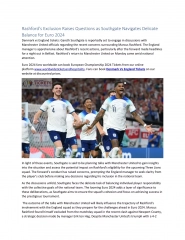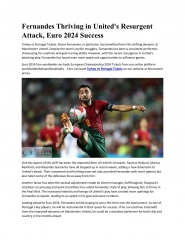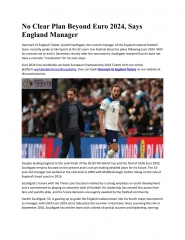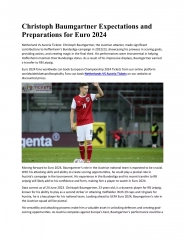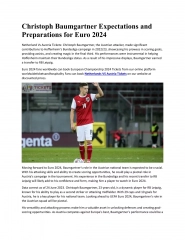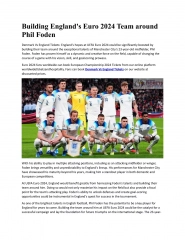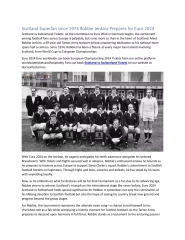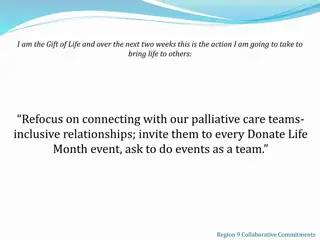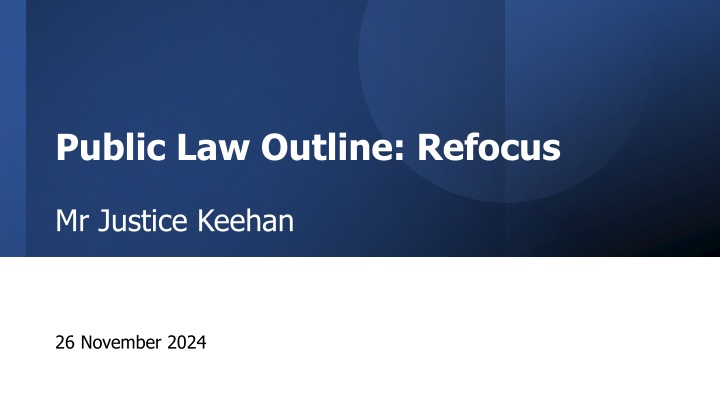
Legal Practice Guidelines for Family Court Proceedings
Learn about best practices in family court proceedings including pre-proceedings assessments, timely evidence filing, kinship caregiver identification, urgency criteria for applications, and the importance of effective case management for just outcomes.
Download Presentation

Please find below an Image/Link to download the presentation.
The content on the website is provided AS IS for your information and personal use only. It may not be sold, licensed, or shared on other websites without obtaining consent from the author. If you encounter any issues during the download, it is possible that the publisher has removed the file from their server.
You are allowed to download the files provided on this website for personal or commercial use, subject to the condition that they are used lawfully. All files are the property of their respective owners.
The content on the website is provided AS IS for your information and personal use only. It may not be sold, licensed, or shared on other websites without obtaining consent from the author.
E N D
Presentation Transcript
Public Law Outline: Refocus Mr Justice Keehan 26 November 2024
1. The Public Law WG Final Reports Best Practice Guidance in respect of Support for and Work with Families Prior to Court Proceedings should be followed. Pre-proceedings assessments MUST stand and are NOT to be repeated in care proceedings unless necessary and there are cogent reasons in support.
2. Following Pre-PLO support and assessments, the court will expect the Local Authority to be ready to file and serve their final evidence in short order (i.e. 2 weeks). Further assessments inevitably lead to a delay in welfare decisions being made for a child a further assessment must be NECESSARY and not merely desirable or helpful.
3. It is ESSENTIAL that parents are asked to identify (realistic) kinship or alternate carers for the child during the Pre-PLO phase. It is ESSENTIAL that this exercise is undertaken or repeated at the CMH. Family conferences play a vital role in identifying kinship or alternate carers and are to be encouraged both in the pre-proceedings phase and during the course of proceedings. Parents should be assured that the early identification of kinship or alternate carers does not undermine their case to care for the child. However, parents should be aware that the LATE identification of kinship or alternate carers runs the risk of coming too late for them to be considered or assessed within the child s timeframe.
4. Urgent or short notice applications prior to CMH (i.e. ICO for removal) to be made ONLY in genuinely urgent cases and to be supported by cogent reasons for the urgency. It is for the court to determine whether the matter is urgent and should be before the CMH. Urgent hearings must NOT delay CMH. An application made during business hours seeking a same day hearing, or an application made out of hours will be justified as being urgent only where an order is required to regulate the position between the point when the order is made and the next available ordinary listing. Where a case does not fulfil the criteria for urgency, the judge will decline to deal with it and the application will be given a listing in the ordinary way. The court will be rigorous in refusing to deal with cases that do not meet the criteria of urgency. Applicants for urgent orders will be required to justify on evidence why a case is said to meet the criteria for urgency. Applications must be accompanied by a statement which includes an explanation of why the case is said to meet the criteria for urgency and a draft of the order sought following the President s standard format.
5. Every hearing MUST be effective and be the subject of ROBUST case management. The overriding objective of the FPR r 1.1 provides that the rules enable the court to deal with cases justly, having regard to any welfare issues involved . Dealing with a case JUSTLY includes (a) ensuring that it is dealt with expeditiously and fairly; (b) dealing with the case in ways which are proportionate to the nature, importance and complexity of the issues; (c) ensuring that the parties are on an equal footing;(d) saving expense; and (e) allotting to it an appropriate share of the court s resources, while taking into account the need to allot resources to other cases : FPR r 1.1(2) The court must further the overriding objective by ACTIVELY managing cases. ACTIVE case management includes each of the factors set out in FPR r 1.4(2)(a)-(m)
6. Nothing else will do is NOT a legal principle and is NOT a substitute for undertaking a comprehensive and holistic assessment of the future welfare best interests of a child and the placement which best meets these needs within the child s timeframe.
7. Part 25 applications MUST be filed and served in advance of the CMH. The court MUST stringently apply the test of necessity for the appointment of an expert. After a reduction in the number of experts being instructed, the numbers are increasing A party must give compelling reasons why an application for an expert (if necessary) cannot be made at the CMH The guidance on the limitations on the instruction of and use of intermediaries must be followed assiduously
8. ROBUST case management of the IRH can avoid stress & delay for children & parents. The court should NOT simply accept that the case is said to be contested. Waiting for a contested FH is NOT welfare neutral for the child. The parties should expect the court to give firm judicial indications (with the usual caveats). The ISSUE RESOLUTIONS HEARING is NOT a prelude to a final hearing and it is NOT simply a pre-trial review hearing. For an EFFECTIVE IRH to take place the hearing should be listed for 2 hours. All advocates MUST be fully prepared to enable the case to conclude at the IRH. It should not be assumed that a final hearing will be necessary. It should NOT be assumed that oral evidence is necessary and/or proportionate to resolve contested issues they may be capable of being resolved at the IRH on the basis of submissions.
9. Non-compliance with orders MUST be notified immediately to the court by any party and MUST be remedied by the parties submitting a draft consent order to the court which does not adversely affect the timetable for the resolution of welfare decisions. The court may prefer to list the matter for an urgent non-compliance hearing, especially if the court wishes to impose a stricter timetable than the parties have agreed.
10. There SHOULD be no more than 2 or 3 hearings per public law proceedings which MUST conclude (where it can be done justly) within 26 weeks in accordance with the overriding objective. Where a care plan provides for rehabilitation of a child to the care of their parent(s) but a prolonged period of treatment, therapy and/or assessment is required, the court should consider making a final care order which the LA or a parent may seek to discharge at the appropriate time
Useful documents: The original Public Law Outline: PRACTICE DIRECTION 12A - CARE, SUPERVISION AND OTHER PART 4 PROCEEDINGS: GUIDE TO CASE MANAGEMENT (justice.gov.uk) A view from the President s Chamber s (November 2022): A View from The President s Chambers: November 2022 - Courts and Tribunals Judiciary

